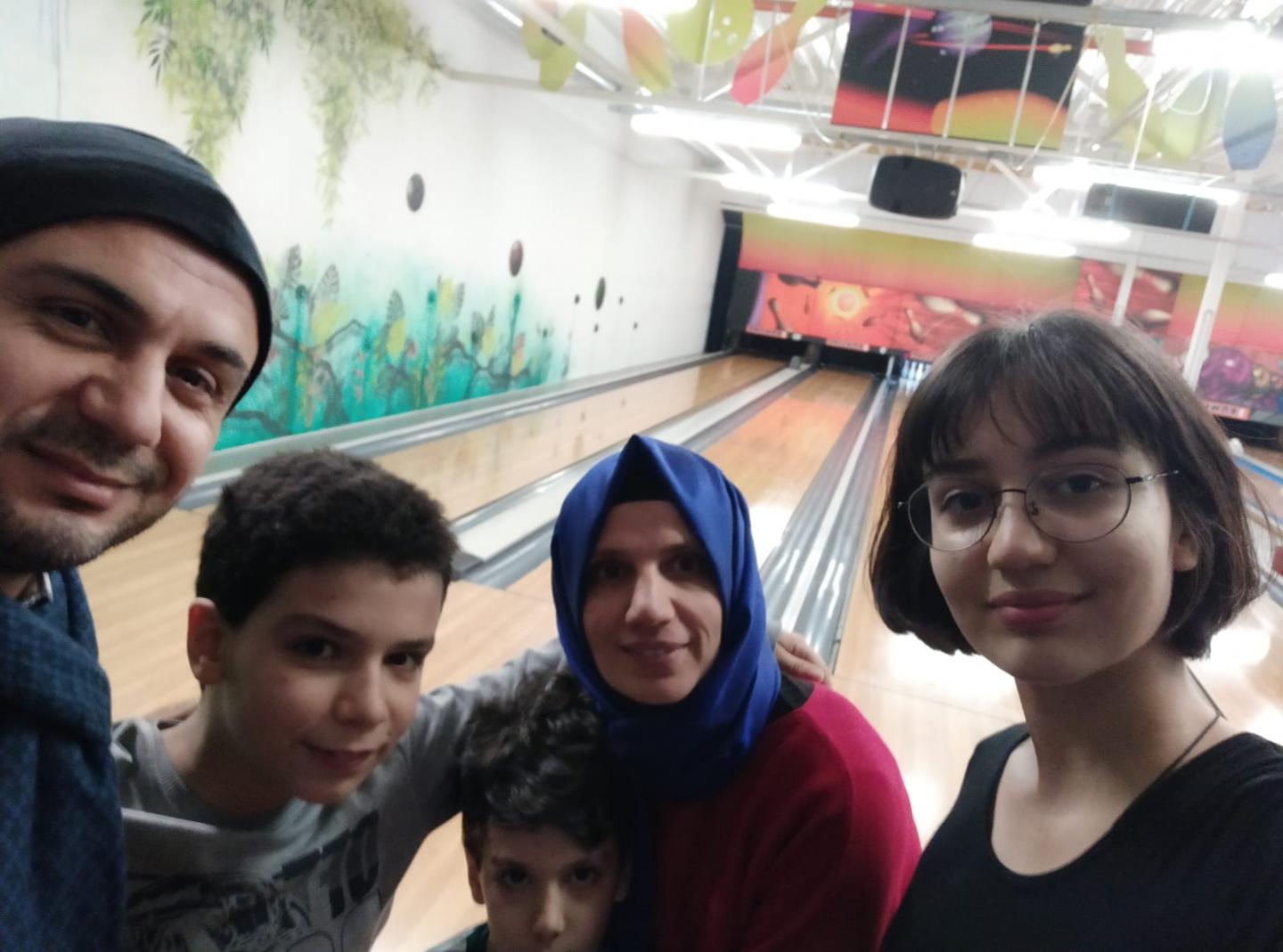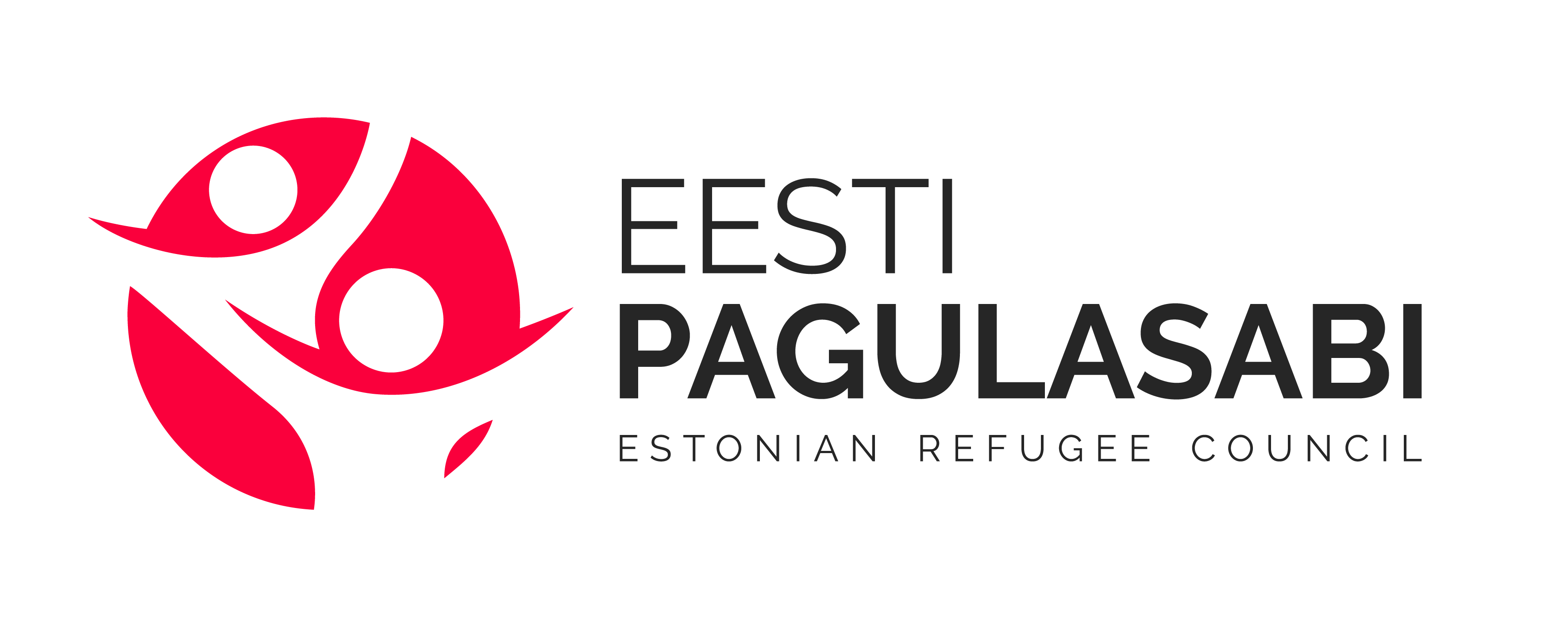
Refugees who have successfully passed the Estonian language exam: the favorite words are "huggs" and "my homeland"
Estonian Refugee Council helps arriving refugees to find suitable Estonian language courses to support their adaptation to the new environment. Recently, Nour from Iraq and Sumeyra from Turkey, both living with their families in Tartu, passed the Estonian language proficiency test. The women talked about why learning Estonian is important to them.
Nour is a young woman who worked as a mathematics teacher in Iraq and came to Estonia with her family two years ago. “It is important for me to learn Estonian, because that way I can find a good job and language skills come in very handy when I talk to my neighbors and friends or when I go to the doctor. It is necessary for everyday communication.” According to Nour, learning Estonian is rather difficult, but with effort, the results also come and the more time passes, the easier it becomes for her to learn the language.
“It doesn't get boring and sometimes it’s a lot of fun. For example, “no” in Estonian sounds like “yes” in Arabic. Sometimes my little daughter asks for something and I say no. I think I allow her to do something, but then she does exactly the opposite,” Nour laughs. “For example, if she asks me whether she should go and play, I say no and she would just sit down. Go and play! And then my daughter says but you didn't let me.”
Nour also points out her favorite Estonian words, which are "huggs" and "my homeland".

Nour in her new hometown, Tartu.
Sumeyra arrived in Estonia with her family about a year and a half ago. “It is important for us to know Estonian, because we live here and it helps us to communicate: at work and with our child's teacher at school, on a daily basis,” Sumeyra says. She also plans to enter the Phd program in urban planning at the University of Tartu in the autumn. At their home in Tartu, the family speaks Turkish, but all members learn Estonian, and watch Estonian films and TV channels together. “Learning Estonian is not too difficult, because we can practice it on a daily basis,” Sumeyra says. “People are always in a good mood, when I speak Estonian. I don't think it's so common for someone to be able to speak Estonian in a year and a half.”
Estonia joined the Convention relating to the Status of Refugees 24 years ago. During this time, about a thousand asylum applications have been submitted to Estonia, almost half of them have received international protection. If a person is recognized as a refugee, he or she will receive an Estonian residence permit for three or one year. The residence permit can be extended for either three or two years - if the situation in the refugee's home country has not improved and it is impossible to return there. It is possible to obtain a long-term residence permit after living in Estonia for five years if the person has reached the B1 language level. It is possible to apply for citizenship after eight years of living in Estonia, if the person has passed both the B1 language exam and the citizenship exam.
